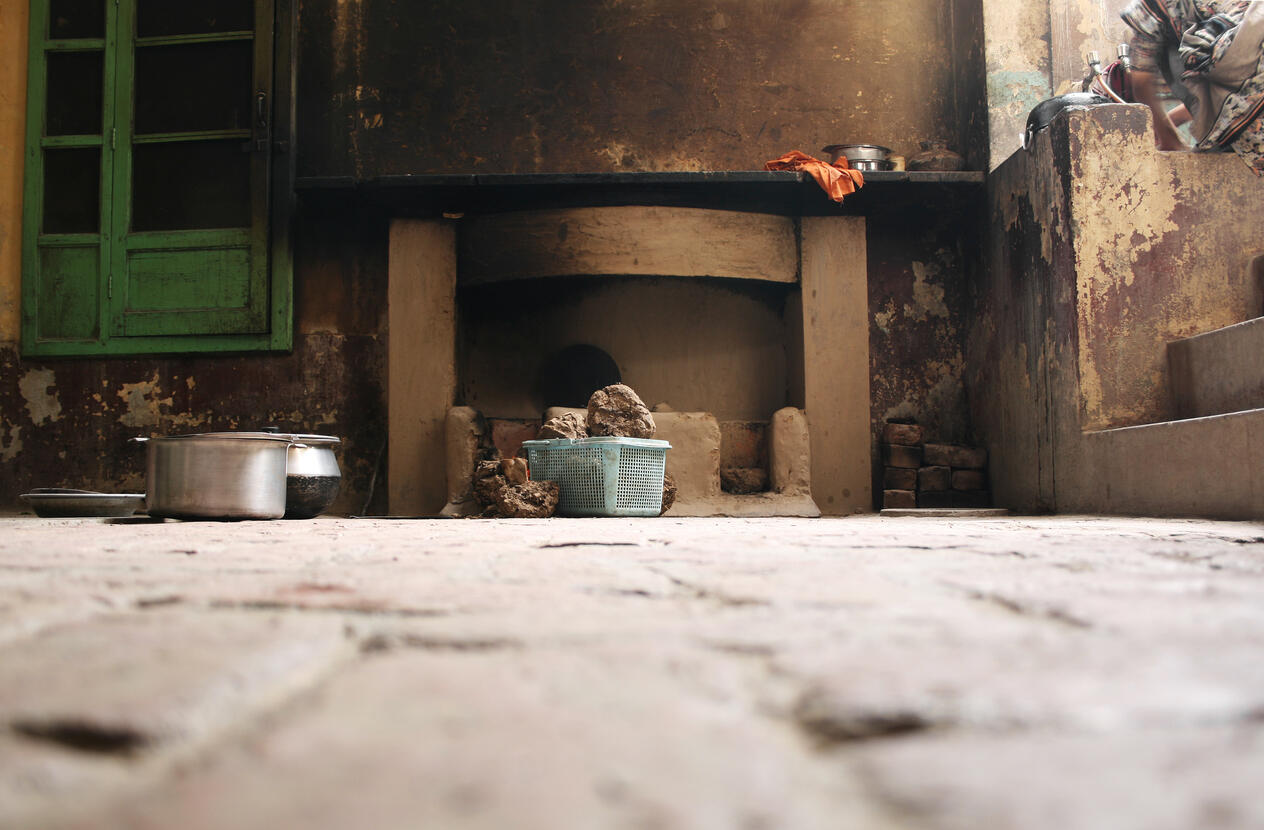
Malawi has one of the highest rates of death among infants and the under fives (69 and 110 per 1000 live births respectively in 2009) despite having made progress towards meeting the Millennium Development Goal of reducing child mortality.
Pneumonia is the leading cause of death and one of the commonest causes of morbidity: around 300 per 1000 children under the age of 5 are diagnosed with pneumonia every year.
Exposure to smoke produced when biomass fuels (animal or plant material) are burned in open fires is a major avoidable risk factor for pneumonia.
In Malawi, where at least 95% of households depend on biomass as their main source of fuel, biomass smoke exposure is likely to be responsible for a substantial burden of this disease.
Smoke from burning biomass in open fires also causes other health problems including chronic lung disease, lung cancer, heart disease, stillbirth and low birth weight; it is also thought to be an important driver of global climate change.
The problem of biomass smoke exposure is seen across Africa where around 700 million people burn biomass fuels to provide energy for cooking, heating and lighting.
The problem extends right around the globe where around half the worlds population are dependent on biomass fuels for their day-to-day energy requirements.
Around 4 million people die every year around the world from the effects of biomass smoke.